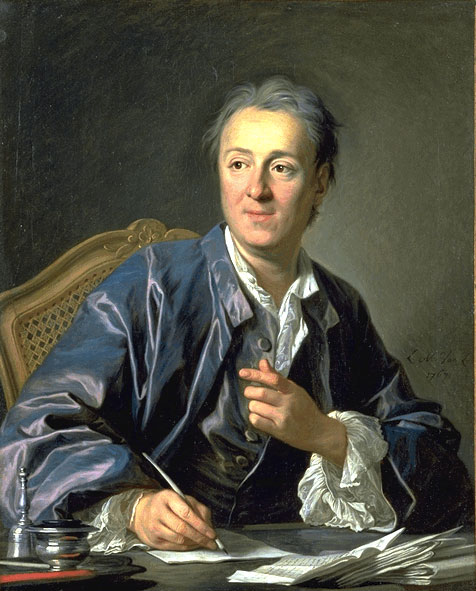
The philosopher instrument is sentient; he’s at the same time the musician and the instrument. Sentient, he has a momentary consciousness of the sound he is rendering; animal, he remembers it; memory, the organic faculty, by connecting the sounds inside itself, at the same time produces and retains the melody. Imagine that the harpsichord possesses both sentience and memory, and tell me if it won’t know and replay by itself the tunes you have played on its keys. We are instruments endowed with sentience and memory. Our senses are like keys plucked by the environment which surrounds us, and that often pluck themselves; and there, in my judgment, you have everything that takes place in a harpsichord constructed like you and me.
—Denis Diderot, Entretien entre D’Alembert et Diderot (Le rêve de D’Alembert) (1769) in: Œuvres (Pléiade ed. 1951), p. 880 (S.H./E.H. transl.)


